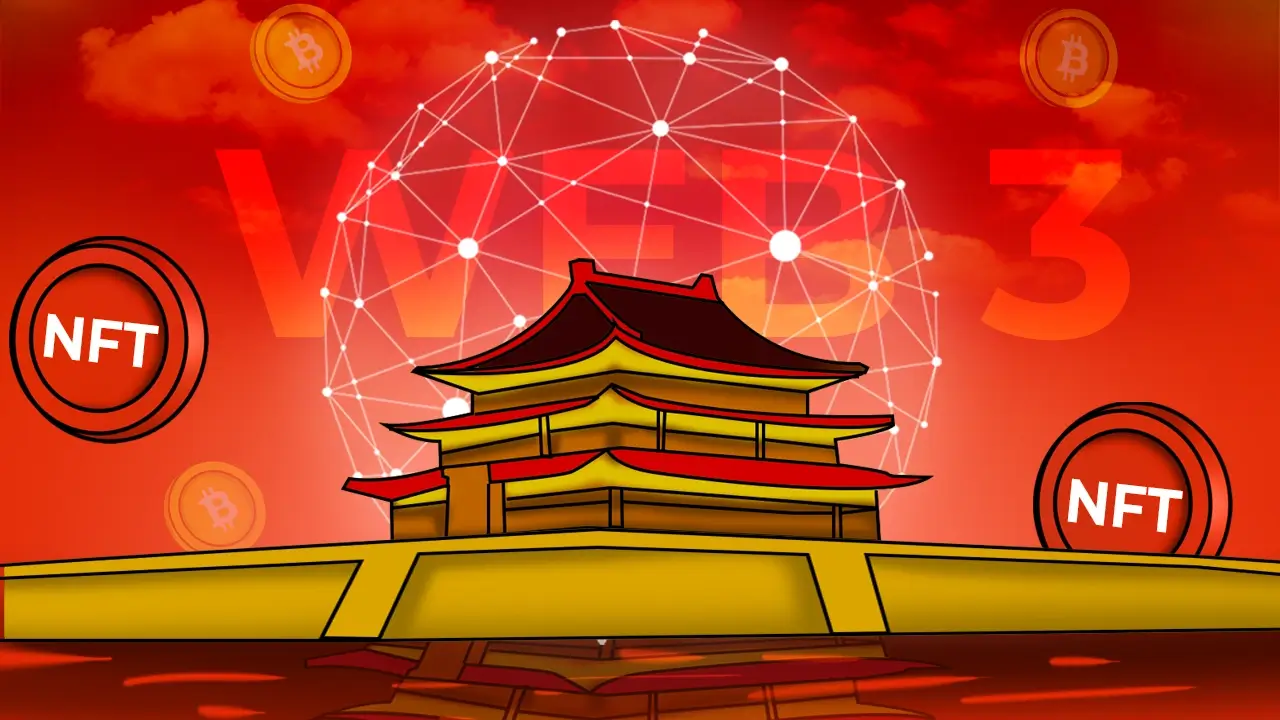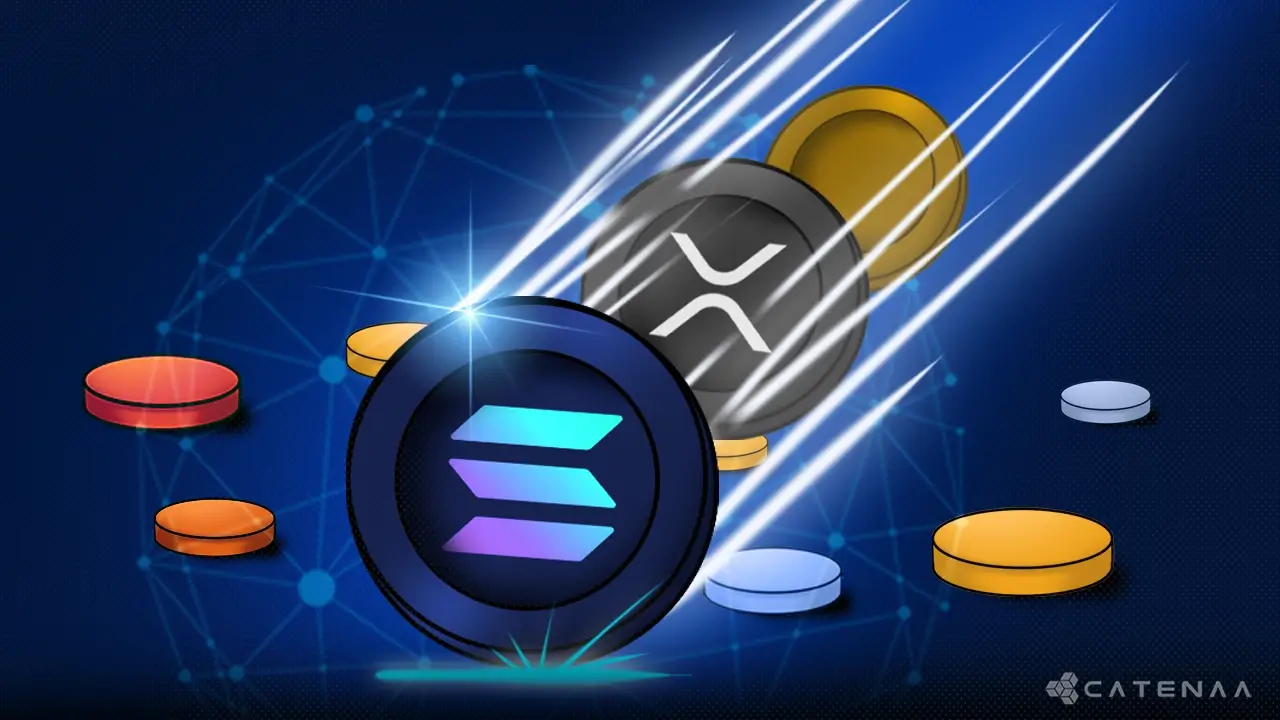BEIJING, Tuesday, December 21 – China has unveiled its strategy for Web3, the emerging concept of a decentralized internet, choosing to embrace its technological potential while maintaining strict control and avoiding involvement with cryptocurrencies, according to a government statement.1
In contrast to neighboring Hong Kong’s ambition to become a hub for virtual assets, China’s Web3 approach seems to focus on regulated innovation within closed blockchains, giving precedence to security and state supervision.
The Ministry of Industry and Information Technology (MIIT) released details of a national Web3 development plan in response to proposals from Hong Kong lawmaker Johnny Ng Kit-chong.2
The plan outlines key principles for Web3 development, concentrating on applications in government services and various industries, as well as fostering “new business models” such as non-fungible tokens (NFTs) and decentralized applications (dApps). The agenda also includes public education initiatives and pilot programs for decentralized digital identities.
Significantly, the MIIT statement does not mention cryptocurrencies, which remain prohibited in mainland China due to concerns about financial instability and speculation.
This underscores China’s distinct strategy, aiming to harness the technological advancements of Web3 while mitigating perceived risks associated with open-source, public blockchains, and crypto assets.
This controlled approach reflects China’s ongoing effort to balance technological progress with State control. While actively promoting blockchain research and development, particularly in areas like supply chain management and digital identity, the government maintains strict measures against cryptocurrency trading and initial coin offerings, prioritizing internal stability and data security.
Several major Chinese cities, including Beijing and Shanghai, have already initiated their own Web3 projects, primarily within permitted blockchains controlled by trusted entities.
This aligns with Beijing’s vision of Web3 as a tool for controlled innovation within a well-defined regulatory framework.
China’s cautious strategy has elicited mixed reactions. Some experts see it as a potential model for balancing innovation with control, while others question the feasibility of genuine blockchain-based innovation under such stringent constraints.
- Ministry of Industry and Information Technology (MIIT): https://www.miit.gov.cn/zwgk/jytafwgk/art/2023/art_7eba1016ef5a4d98979b0167f38e4b35.html[↩]
- South China Morning Post: https://www.scmp.com/tech/policy/article/3245895/beijing-draft-national-web3-development-plan-authorities-maintain-draconian-cryptocurrency-ban[↩]


